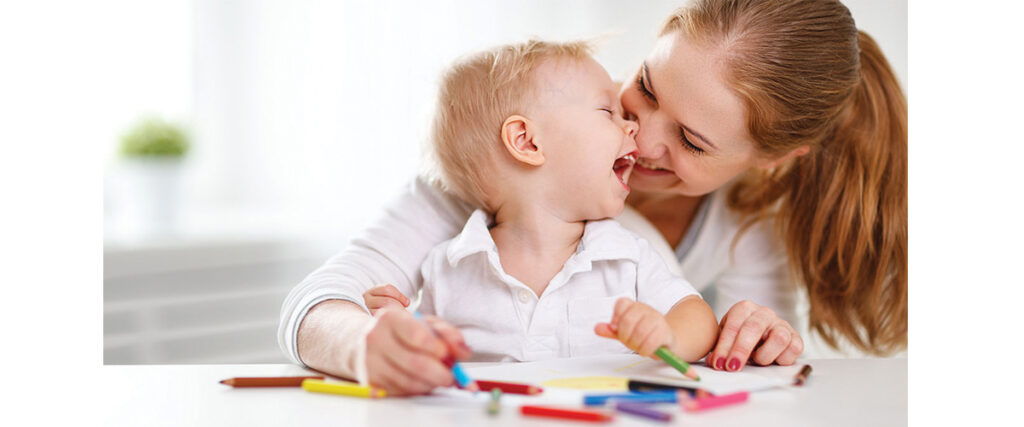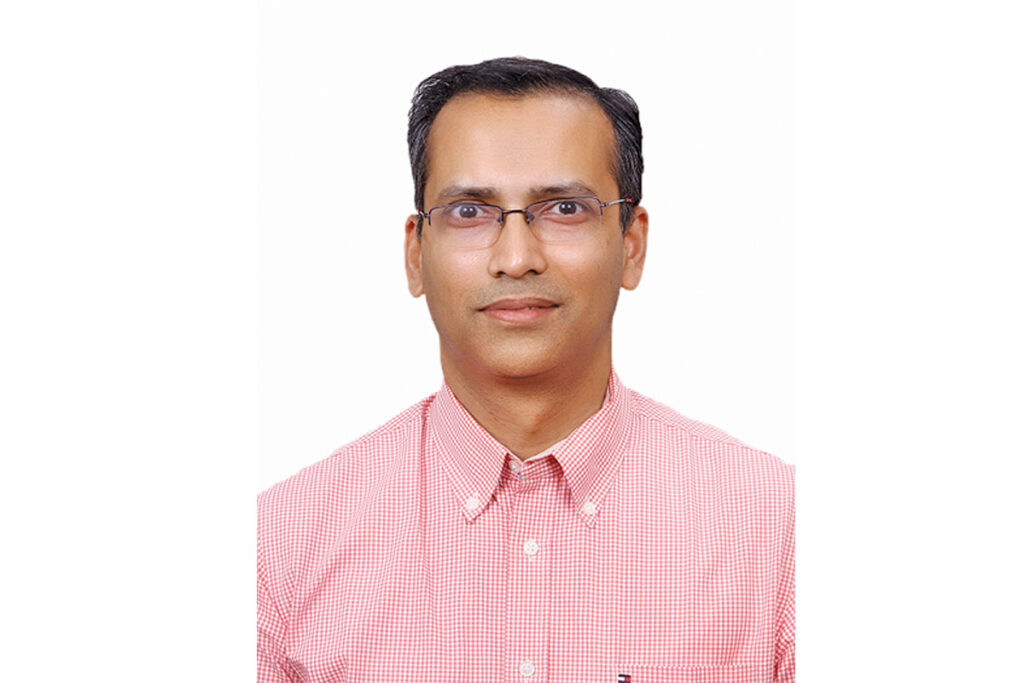Parenting is an art! At the same time, it’s a roller coaster ride, and one never feels having done enough or having done it right. Most of us will agree that there is always a certain amount of guilt attached to parenthood! However, taking care of children and raising them to be fine human beings, is a major project and a tremendous learning experience for parents. A highly-qualified pediatrician Dr Arun Bansal from the region (working as Professor in PGIMER, Chandigarh) shares with TLJ Magazine Editor-in-Chief Dr Neha Miglani on how to manage children’s health.
Dr Arun Bansal is a Professor of Paediatric Critical Care at PGIMER, Chandigarh, India. He did his MD in 2001 from PGIMER, India and MRCPCH in 2006 from the UK and got trained at St. Mary’s Hospital, London, the UK, in 2006. Dr Bansal has a keen interest in clinical work, academics and research.
He was a part of the team to start the first Post-Doctorate Program (DM) in Paediatric Critical Care in India. He is the current General Secretary of the Paediatric Intensive Care Chapter of India.
How has COVID affected children’s health or mental health, and to what extent?
During COVID times, children’s health has got severely affected. Classes were online and screen time increased and all this affected children’s eyesight and posture since they had to sit in front of the computer for more than five hours, which is a big deal for their age! BMI or the Body Mass Index has increased significantly during this period for children. Children’s eating habits have changed and their neither a schedule nor a limit to eating. Digestion has gone for a toss due to inactivity. Children could not play outdoors and they became more dependent on parents. But if the school staff is vaccinated and all the family members are vaccinated, schools can function normally (except in case of extreme pandemic situation offcourse). We have been actively propagating the reopening of schools, especially when children are going everywhere with parents.
What communication strategies are most effective when working with children (concerning their health, food)?
Spend quality time with children; this helps parents to understand children’s actual behaviour. Eat meals together to know their choice and taste. Take out time to play outdoor games with them. This will also give parents time to relax and feel free. Recite stories for them; it will help to develop sharper intellect. Work with children like a team. Supporting, understanding and encouraging them is a great idea. Lockdown was a blessing for many families since it gave them time to spend with family and children.
What are some common paediatric emergencies, and how does one face them?
For Neonates (new-born), we must check if they accept feed correctly. Notice any lethargic behaviour. If there is any issue in urination or passing stool, one must consult a paediatrician.
For Infants, issues like high fever, rapid breathing, bluish discoloration of lips or extremities, jaundice, vomiting and diarrhoea should ring an alarm.
For Toddlers, the most common emergencies apart from above are foreign body ingestion (mostly pea-size particles that they swallow), accidental injuries like falls, and accidental medicine ingestion (particularly of grandparents or parents). Curiosity is very high at this stage, so the child puts just about everything in the mouth, so parents must be extra vigilant to prevent this since it can lead to an emergency.
Give us some good parenting tips from your personal and professional experience.
Firstly, respect your child. One should not think of them as kids; instead, engage them in all essential discussions of home. Let them be a part of the decision making process. Spend good, quality time with them (even if your schedule is busy).
What are your views on a child’s social and emotional development and the parent’s role in it?
Exploring all five senses is a very effective strategy for developing a child’s social and emotional aspects. Let the child listen to good music like meditative sounds, read stories for them, maintain good eye contact with children when you talk, smile at them and make them feel loved. Sense of touch is essential so embrace them often. Avoid shouting at children. Ensure that you work on all their five senses from the beginning. Any essential child care advice you wish to give to the readers, particularly concerning food. Children require milk for the first 4-6 months; after that, they need more solid food. Hence that transition has to be very smooth. Make food a happy experience for children. Don’t make it a scary journey. Don’t force-feed them; instead, let them explore. Spread a mat, let them litter it and do whatever they like. Let it be a happy thing. Salt and sugar are not necessary; hence first one year, these two can be avoided as their taste buds are still developing. During weaning period, don’t be in a rush. Introduce one food at a time on weekly basis. Avoid scolding children when eating food as it can build fear in their minds.
Please tell us a few points to prevent illness in a baby/child.
The best way to avoid illness in children is to maintain personal and environmental hygiene. Washing hands before meals, brushing twice a day, and a good GI routine, including bowel movements, are essential. A clean surrounding is also very important for children.
What made you choose a career as a paediatrician?
Luckily I had the option to select any stream. PGIMER was my first choice for higher studies. I was very fortunate to get admission here. I was sure I wanted to choose a stream with more people to connect with, and I wasn’t keen on surgery; hence, I decided on this field. I went to the UK for a further fellowship in paediatrics. I came back and joined PGIMER Chandigarh as a faculty member. I am enjoying my job as a Professor in Paediatrics Intensive Care Unit (PICU) at the Advanced Paediatric Centre.
A life lesson you learned from your personal/professional life experiences that you would like to share.
I am a God-fearing and family man.
Please tell us more about your family background.
I am the only doctor in my business family. We hail from ‘Chak kale wala’ village near Muktsar, Punjab and my grandparents started their journey from there. We own ancestral land there and once every few months, I go back to organize a free medical camp in my village since there is no good health facility nearby.
I have two children, older son Pranay (20) is pursuing B.Tech in IIT Bombay now, and my daughter Kavya (18) is in the 12th standard. My wife Rashmi is a law graduate and has an MBA. She has been instrumental in taking care of us and has been strong support.
Your plans – personal and professional.
My children are nearly on track as far as their career is concerned. My wife and I love to travel and used plan 2-3 holidays, both international and offbeat destinations nationally, before COVID. Professionally, we want to help poor children through an NGO, ‘Nanhi Jaan’ (of which I am also a part), which helps needy children who cannot afford treatment. We have many doctors and noted business people from the city who contribute to the treatment of these children.


